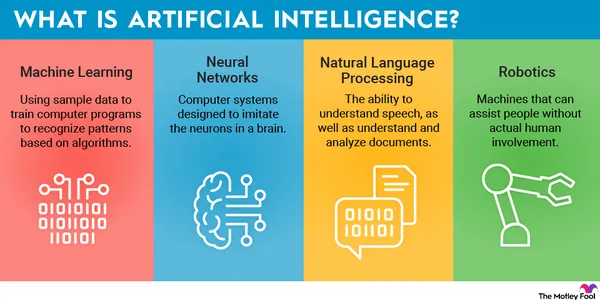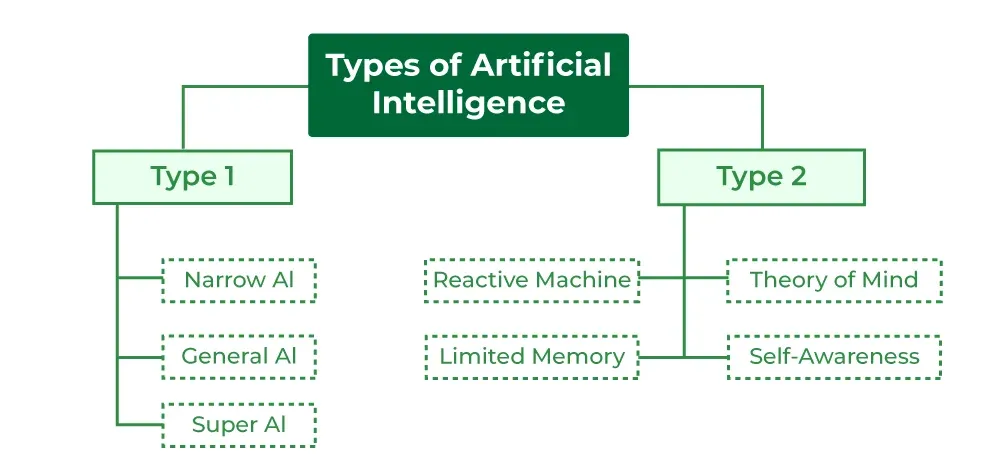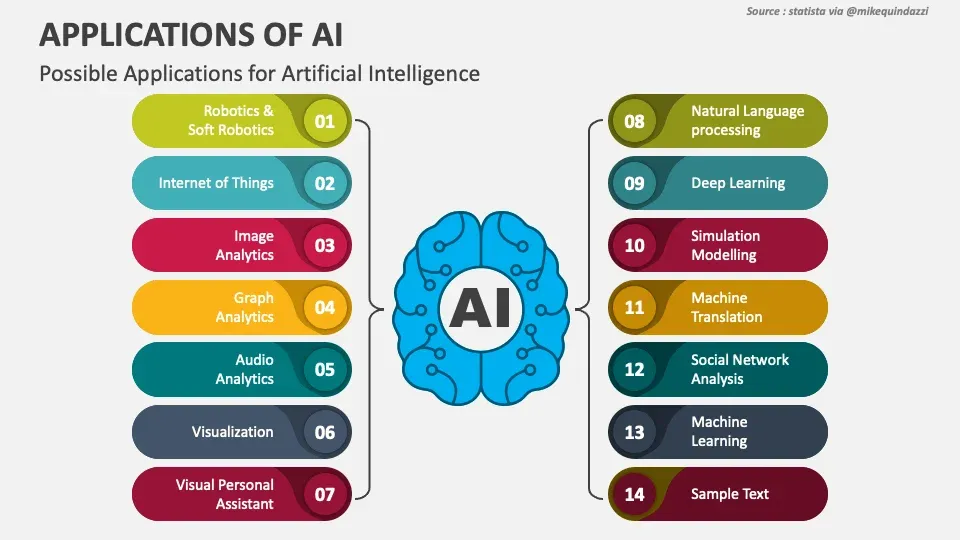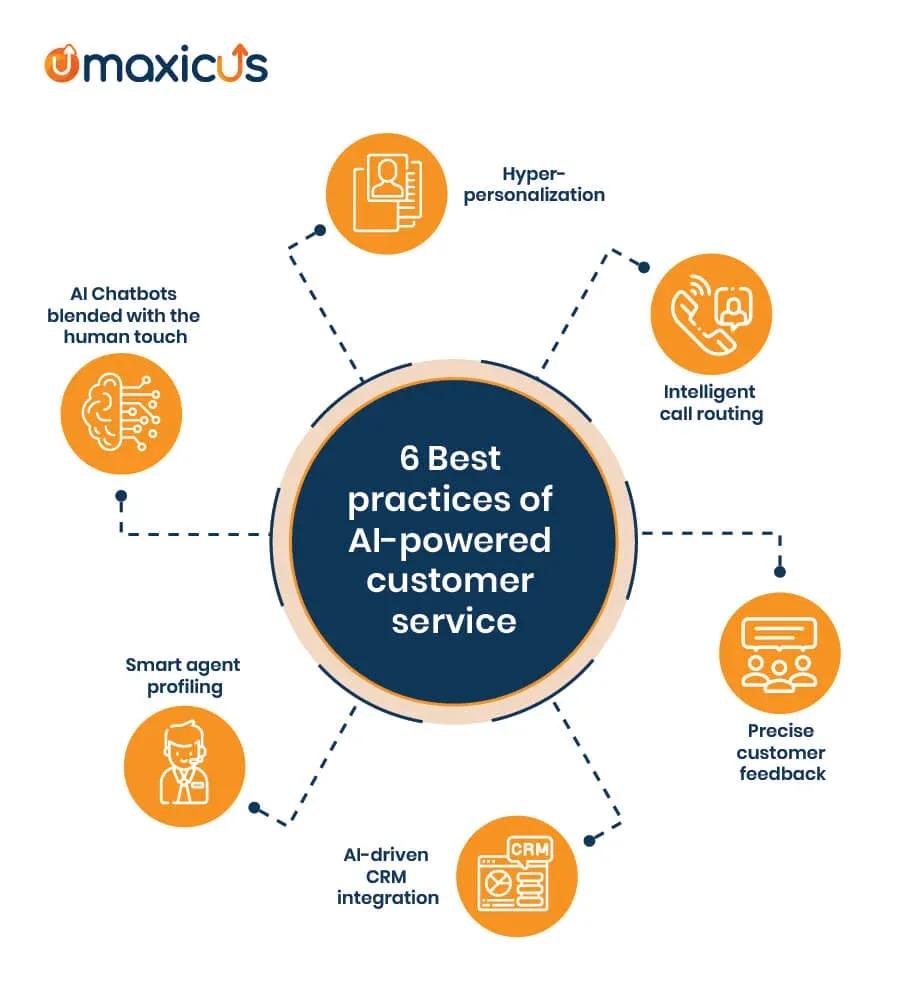Artificial Intelligence is the advanced alien technology shown in science fiction movies. It can perform various functions with intelligence, such as playing music, answering questions, driving a car, ordering products, and others.
That same alien technology is now at our disposal. Some artificial intelligence applications are now available on various home devices.
AI chatbots visible on websites are also an application of Artificial Intelligence. Artificial Intelligence will cover a large spectrum of activities in the future.
Artificial Intelligence definition
Artificial Intelligence refers to technology that can perform different tasks as humans do, such as problem-solving, reasoning, interactions, and much more.

Artificial Intelligence allows computers and devices to mimic human intelligence throughout various tasks. There is no single Artificial Intelligence definition that is worldwide known.
Because of Artificial Intelligence's extensive features and properties, definitions are changing with time.
Understanding Artificial intelligence
Artificial intelligence originated from the fact that machines can resemble human intelligence.
Alan Turing, in the year 1950, asked the question - 'can machines think? '. That formed the genesis of Artificial Intelligence.
Who invented Artificial Intelligence?
There is no single inventor of this splendid technology.
The technology is a result of a decades-long process of framing tests and algorithms.
John McCarthy first coined the term in 1956 in a first academic conference on the same subject. In 1950, Alan Turing proposed the Turing test. A process to test the sentient ability of machines using imitate game(as it is referred to).
Countries like the USA, UK, and Japan began researching about Artificial Intelligence.
This led to the development of various Artificial Intelligence enabled devices, and Artificial intelligence applications are increasing since then.
Forms of Artificial Intelligence
There are two primary forms of Artificial Intelligence:
Narrow Artificial Intelligence
Artificial General Intelligence

Narrow Artificial Intelligence
Narrow Artificial Intelligence is also referred to as Weak Artificial Intelligence. It is the most common form of Artificial Intelligence. It is present in various devices around us. It performs a single task at a time with utmost importance.
Machine training
Machine learning is a technique of Narrow Artificial Intelligence. It uses computer data and statistical information to improve its understanding.
Deep learning
Deep learning is one of the techniques of Machine learning. Deep learning consists of a network(neural network) of algorithmic calculation. For those interested in advancing their understanding beyond basic AI, exploring machine learning best practices can be incredibly beneficial. Accessible online courses can help newcomers and professionals alike develop applied skills, from data preparation to deploying models at scale.
It processes data through various layers of neural networks, thus enhancing its ability.
Artificial General Intelligence
Artificial General Intelligence is yet a distant vision. It conceptualizes a computer or machine that can replicate human intelligence and ability.
Artificial intelligence used in most science fiction movies is Artificial General Intelligence.
Applications of Artificial Intelligence
Artificial intelligence is available in a variety of applications. These applications help us in many ways; from entertainment to security. Here are some uses of artificial intelligence in various applications:
Virus detection
Various anti-virus software uses deep learning techniques to detect different types of viruses. The deep learning technique is efficient in detecting new viruses also.
Speech recognition
Speech recognition is also an application of Artificial Intelligence. It is gaining popularity among various devices and is being used in many fields today, such as speakers, TV voice remotes, mobile phones, and many more.
Image recognition
Artificial Intelligence is also used to identify a signature, image, and even a person.
Image recognition applications use deep learning to identify various forms of visual information.

Filtering Email
Artificial Intelligence applications are also used in Email software. It separates various emails into different categories or folders such as promotional, spam, or primary folders.
E-commerce
E-commerce websites use artificial intelligence to provide relevant search results to users, according to the searches made by the user.
Delivery and taxi services
Delivery and taxi service also use artificial intelligence. It enhances the user's experience by deploying artificial intelligence to match customers with their nearby drivers.
Delivery services also use artificial intelligence to match delivery guys with customer's orders based on various factors like location, availability, and efficiency.
Future of Artificial Intelligence
Artificial Intelligence works in a variety of applications, from home devices to cybersecurity. Artificial Intelligence is present in a massive number of applications around us. Tasks that humans did are now being performed by artificial intelligence.
It decreases the human involvement in the low profiles jobs so that humans can work in other important roles. This needs enriched human intelligence and an enhanced human approach.
Companies are using various artificial intelligence applications in different forms to enhance users' experiences on their websites. Artificial intelligence-powered applications have helped many E-Commerce companies in garnering huge profit and enriching customer support.
According to reports, AI will create $ 2.9 trillion of business value and save about 6.2 billion hours of work productivity.
Use of artificial intelligence in chatbots
A chatbot is a software application that simulates a conversation with humans. A chatbot is an advanced form of interaction between humans and technology.
AI chatbots are chatbots that work on Artificial Intelligence. AI chatbots have a better understanding of the language than regular chatbots. AI chatbots are available on websites and various messaging applications.
Importance of AI Chatbots in businesses
AI chatbots have proved to be favorable for businesses around the world. The use of AI chatbots has enhanced companies' market value and contributed to an enhanced user experience.
Here are some important features of AI chatbots in businesses:

Enhanced user experience
AI chatbots for websites provide an interactive experience to the users. By engaging in conversations with users. AI chatbots are a good way of resolving user's queries.
24× 7 support
AI chatbots for websites provide an effective support system to the users as chatbots work 24 hours a day, perks of being a technology. Additionally, they can resolve the user's query in no time.
Quick response
AI chatbots for websites provide quick responses to the users. AI chatbots resolve user's queries at a high speed which is not possible for any human.
Generate users data
AI chatbots collect and store user's information for their better understanding. Companies use this information to understand the viewpoint of users, which helps them in framing growth strategies.
Conclusion
Artificial Intelligence is available in various applications around us. The demand for Artificial Intelligence in businesses is also overgrowing. Every day, we come across many applications of artificial intelligence in our life.
This next-level technology is present in every corner of our world.
From taxi services to delivery services to online marketing and entertainment platforms, every business model consists of artificial intelligence.
BotPenguin offers a variety of chatbots for different business websites, depending upon the needs of businesses.
Frequently Asked Questions (FAQs)
What is AI and why is it important?
AI stands for Artificial Intelligence, a branch of computer science that enables machines to simulate human intelligence.
It is important because it can automate tasks, enhance decision-making, and create innovative solutions.
How does AI work?
AI works through the use of algorithms and machine learning models.
These models are trained using large amounts of data and can learn from patterns and experiences, allowing them to make predictions, recognize objects, and solve problems.
What are the different types of AI?
There are three types of AI: Narrow or Weak AI, which is designed to perform specific tasks, General AI, which exhibits human-level intelligence across various domains, and Superintelligent AI, which surpasses human intelligence and capabilities.
What are some real-life applications of AI?
AI is used in various industries such as healthcare (diagnosis, drug discovery), finance (fraud detection, recommendation systems), transportation (self-driving cars), and customer service (chatbots).
What are the ethical concerns surrounding AI?
Ethical concerns related to AI include issues of privacy and data security, bias in algorithms, job displacement, and the potential misuse of powerful AI technologies.
Ensuring transparency and responsible development is essential to address these concerns.



